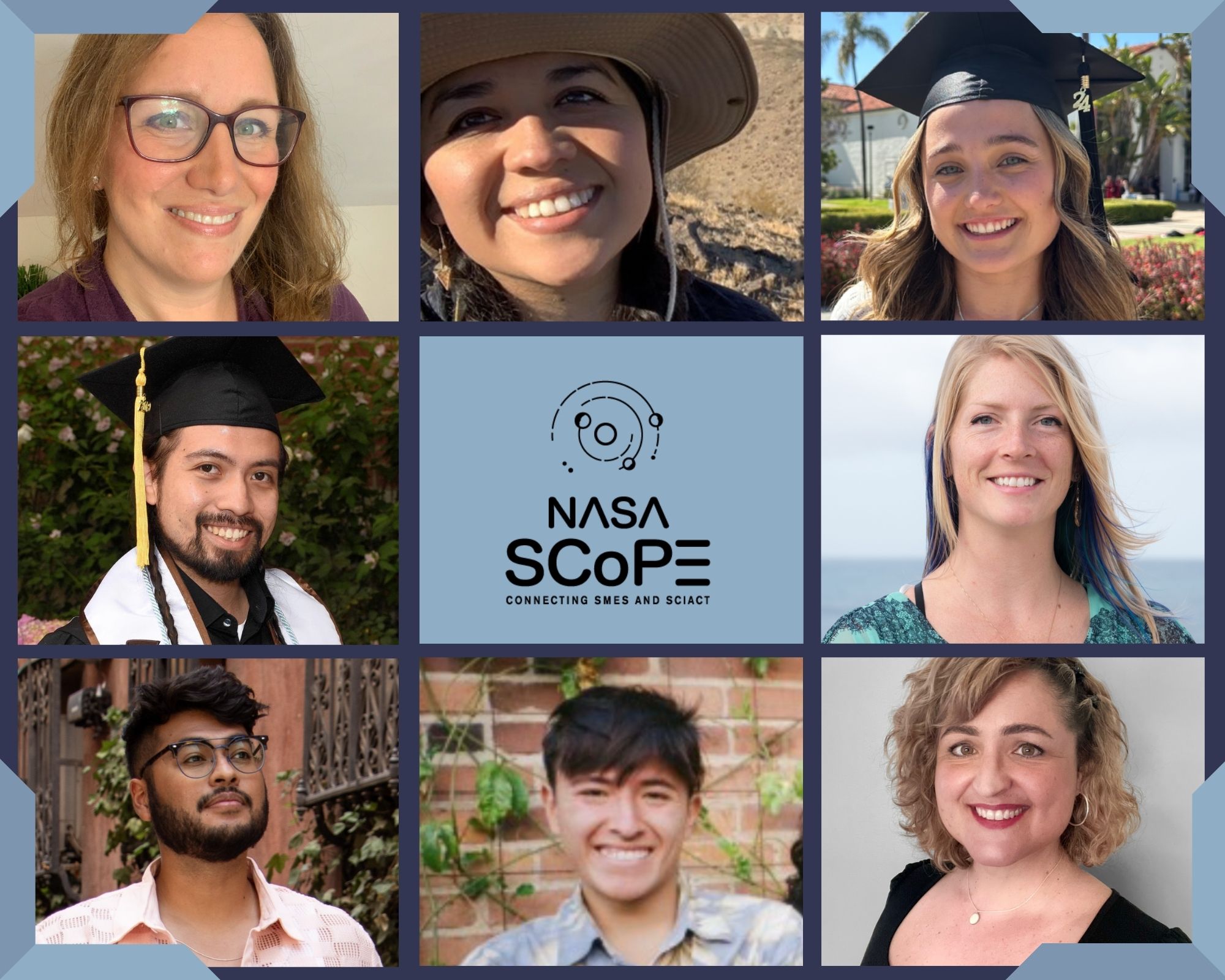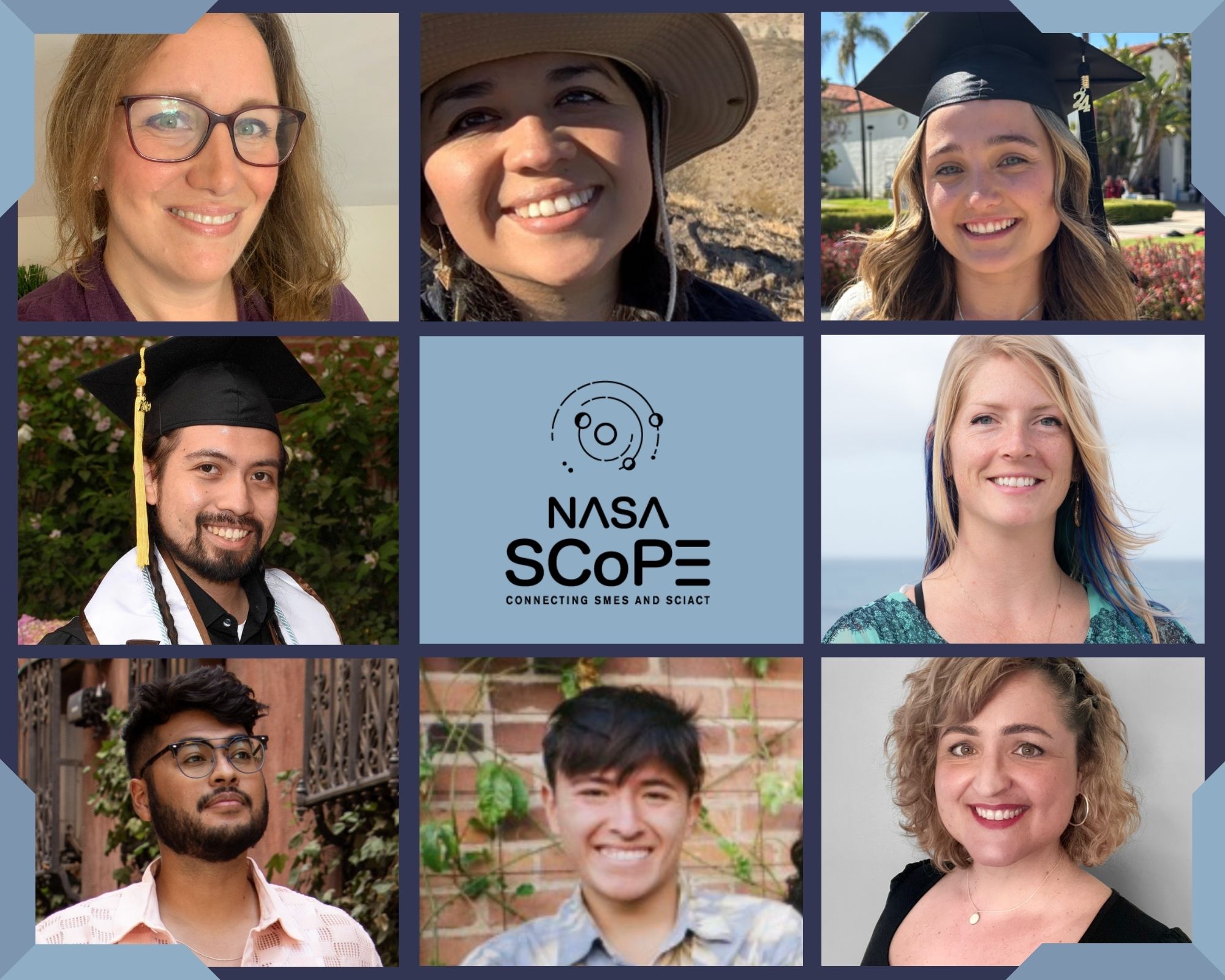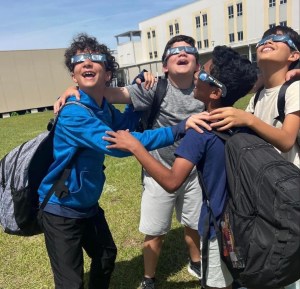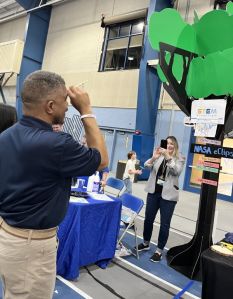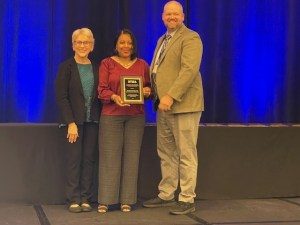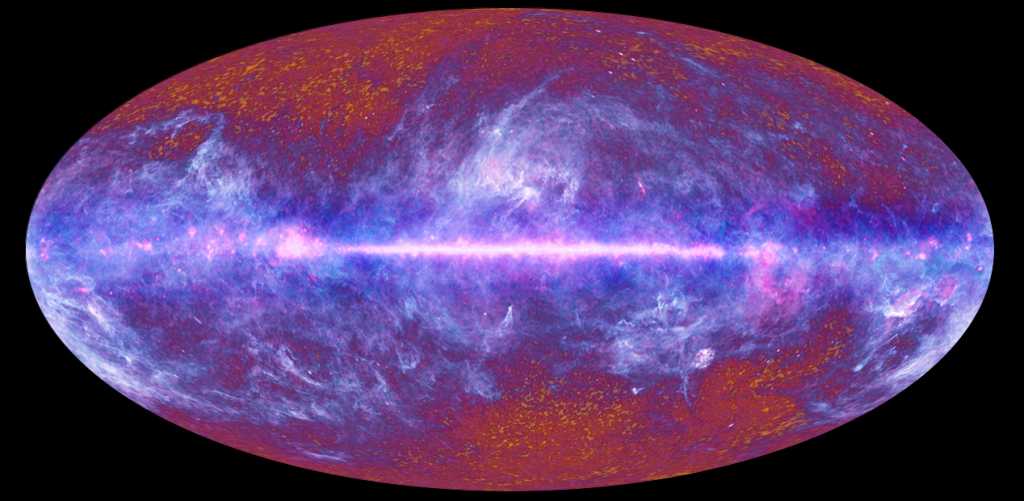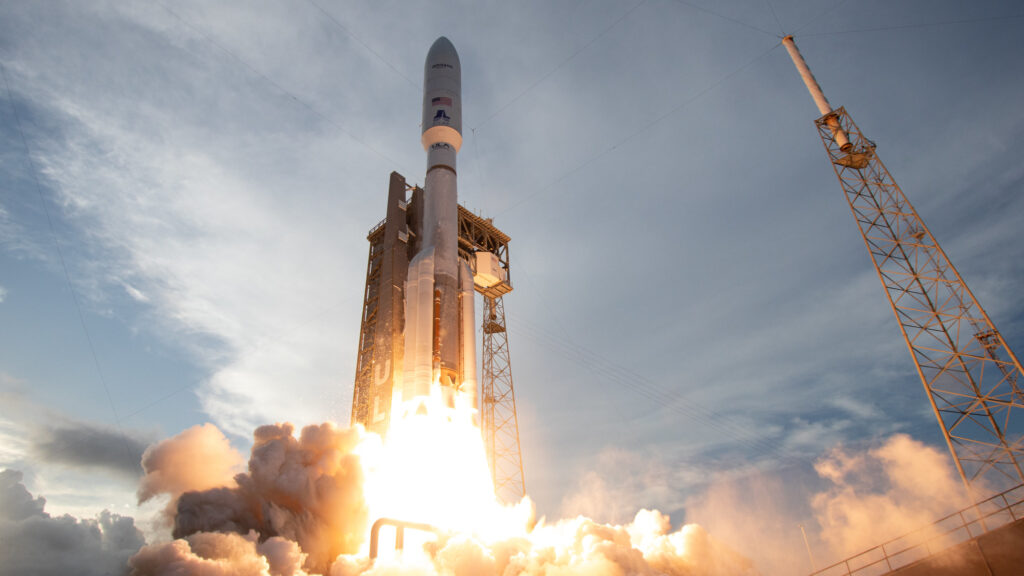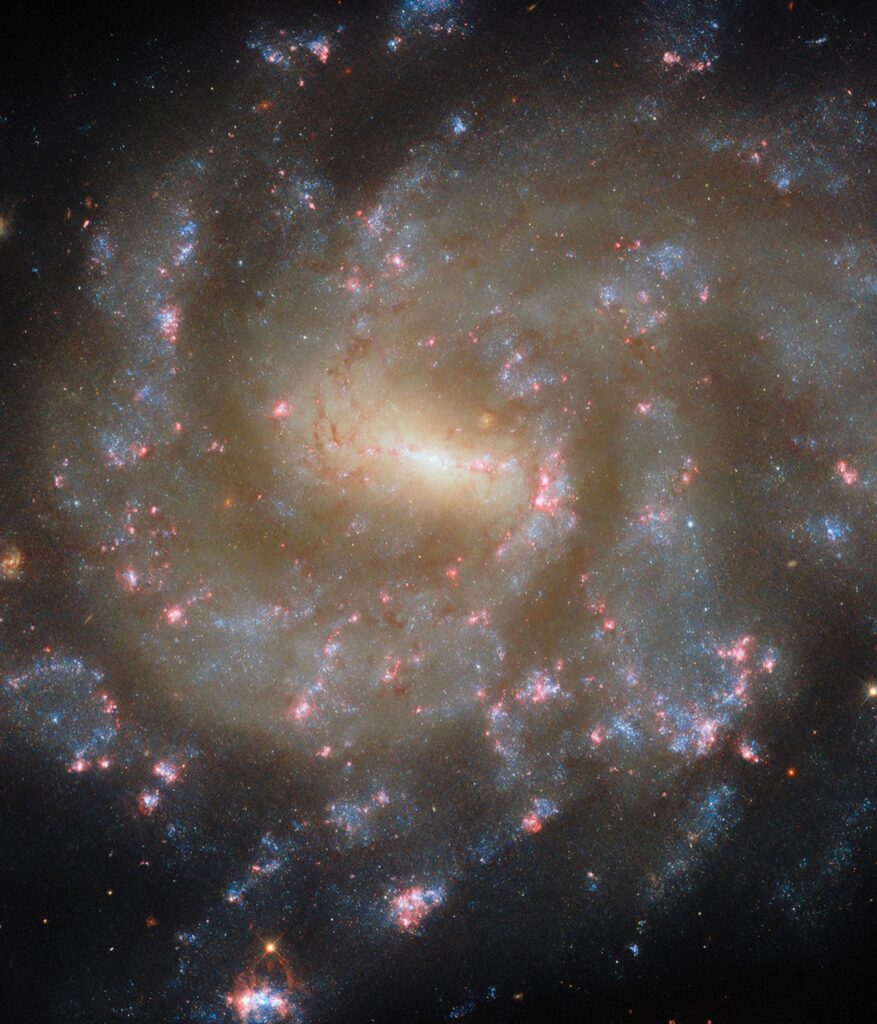4 min read
NASA SCoPE Funds Early Career Scientists for NASA Educational Outreach
NASA SCoPE (NASA SMD Community of Practice for Engagement) offers small Seed Grant funding and Event Facilitation Grants to early career scientists and engineers to work with NASA Science Activation teams and participate in educational outreach opportunities. These proposals communicate NASA science through the creation of inspiring educational materials that are effective, scientifically authentic, and broaden participation of historically marginalized communities. Get to know this May 2024 round of awardees who received $80K+ in funds for NASA educational outreach:
April Russell is the CEO of Astronomers Without Borders and the Principal Investigator (PI) for the Solar Eclipse Glasses Recycling Initiative. This project is a collaboration with the Night Sky Network to collect eclipse glasses and resources to distribute during the 2026 event.
Joshua Bardwell and Margo Thorton are graduate students at San Diego State University and Co-Investigators (Co-I) on the “NASA Community College Symposium” project with the NASA Community College Network. They will host a panel of scientists to engage families in Science, Technology, Engineering, & Mathematics (STEM).
Allison Cusick is a PhD candidate at Scripps Institute of Oceanography. She is partnering with Infiniscope to create engaging, comprehensive online scientific learning tailored to the FjordPhyto participatory science project in Antarctica. PhD Candidate Cusick had this to say, “I love finding new solutions that help improve our FjordPhyto program engagement and rigor. The data collected through collaboration with expedition vessels is valuable and increases our knowledge of how polar marine ecosystems are impacted by climate change. Infiniscope helps to provide an engaging, interactive, and entertaining platform not only for training on proper protocols but also for inquiry-based learning!”
Dr. Celia Blanco is an Affiliate Research Scientist at Blue Marble Space Institute. She is the PI for the Vida en el Universo project, working in collaboration with Engaging Hispanic Communities and the National Informal STEM Education (NISE) Network. They are building a variety of bilingual astrobiology learning experiences. Dr. Blanco had this to say: “I am hoping to make astrobiology more accessible to Hispanic communities by creating learning experiences that are both bilingual and culturally relevant. This project will allow me to illustrate how scientific methods and NASA’s missions contribute to our understanding of life on Earth and beyond Earth, potentially inspiring a deep and lasting interest in this field among participants.”
David Coria is a PhD candidate at the University Of Kansas and is partnering with NASA’s Universe of Learning on “Las Estrellas y sus Compañeros” project to translate materials into Spanish.
David James and Valeria Jaramillo are PhD candidates at the University of California Los Angeles and Co-Is on “Exploring Our Universe” project with the NASA Community College Network. This project will lead a series of STEM talks bridging the community to science. PhD Candidate Jaramillo had this to say: “I am extremely passionate about outreach and mentoring… the opportunity to share the knowledge that I have gained as a first-generation, community college student that has been through the process of transferring to a 4-year university and is currently finishing up her doctorate degree in STEM.”
NASA SCoPE awards Seed Grant funding twice a year, prioritizing early career NASA science content experts and those from marginalized communities. Congratulations to each of these 2024 SCoPE Seed Grant and Event Facilitation Award recipients!
NASA SCoPE is supported by NASA under cooperative agreement award number 80NSSC21M0006 and is part of NASA’s Science Activation Portfolio. Learn more about how Science Activation connects NASA science experts, real content, and experiences with community leaders to do science in ways that activate minds and promote deeper understanding of our world and beyond: https://science.nasa.gov/learn
